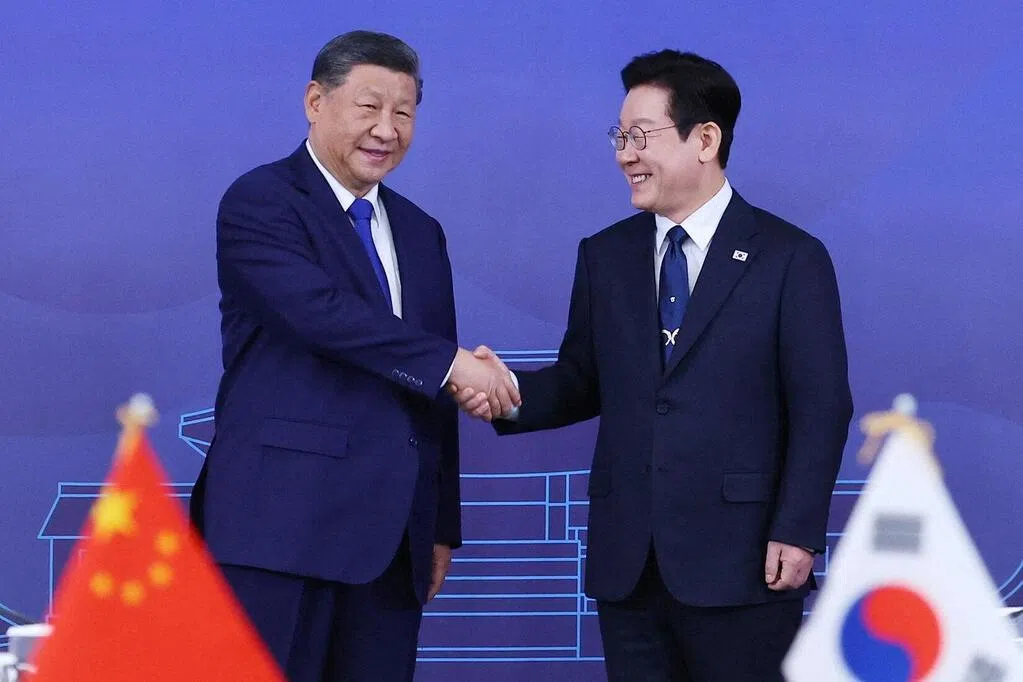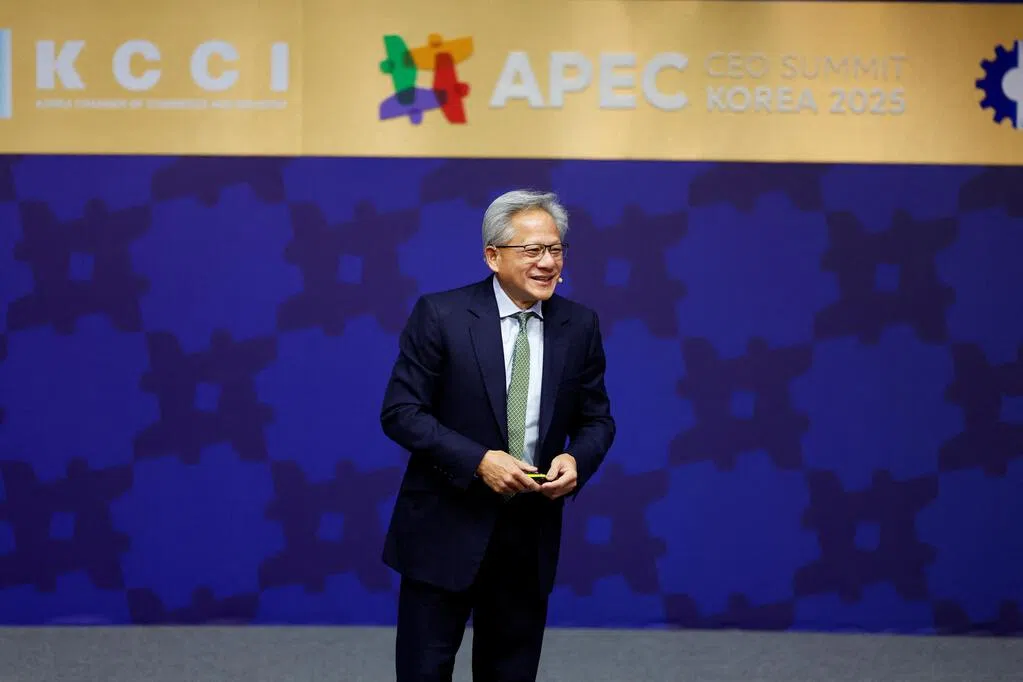Kim Yong-nam, a long-time nominal head of state in North Korea, died on Monday (November 3) at the age of 97. The Korean Central News Agency (KCNA) reported that he died from multiple organ failure. North Korean leader Kim Jong-un personally visited his coffin early that morning to pay his respects and express his deepest condolences.
Although not a member of the Kim family, Kim Yong-nam held a high position in North Korean politics. As chairman of the Standing Committee of the Supreme People's Assembly, he was nominally the head of state, but he remained loyal to the Kim family's rule and was considered a guardian of the system. KCNA praised him for "faithfully upholding the party's leadership and ideology, demonstrating outstanding diplomatic skills on the international stage, and making significant contributions to the country's political and diplomatic history."
Notably, Kim Yong-nam was never demoted during the succession of power from Kim Il-sung, Kim Jong-il, to Kim Jong-un, and remained firmly at the core of the regime. During Kim Jong-il's tenure as Chairman of the National Defense Commission, he acted as head of state in diplomatic corps; even under Kim Jong-un, he continued to represent North Korea in receiving heads of state and foreign dignitaries, demonstrating a symbolic role in the continuation of the system. During the 2018 Pyeongchang Winter Olympics hosted by South Korea, Kim Yong-nam led a high-level North Korean delegation to South Korea, accompanied by Kim Jong-un's sister, Kim Yo-jong, and held talks with then-South Korean President Moon Jae-in, marking a significant moment in the warming atmosphere of inter-Korean dialogue. He was thus hailed as the "last diplomatic veteran who navigated the turning point in inter-Korean relations."
Born in 1928 into a family that had fought against Japanese aggression, Kim Yong-nam joined the Workers' Party of Korea in the mid-1950s and served for many years in the foreign affairs system, holding key positions such as Secretary-General of the International Department and Minister of Foreign Affairs. He was promoted to Politburo member in 1978 and served as Minister of Foreign Affairs from 1983 to 1998, a tenure of 15 years. From 1998, he served as Chairman of the Standing Committee of the Supreme People's Assembly, becoming North Korea's "symbolic head of state" on the international stage.
Further Reading

In April 2019, Kim Yong-nam formally stepped down, and Choe Ryong-hae, a close confidant of Kim Jong-un, succeeded him as chairman, marking a generational shift in North Korea's power structure. Kim Yong-nam's life is seen as a symbol of the continuation of the North Korean regime and political stability.



